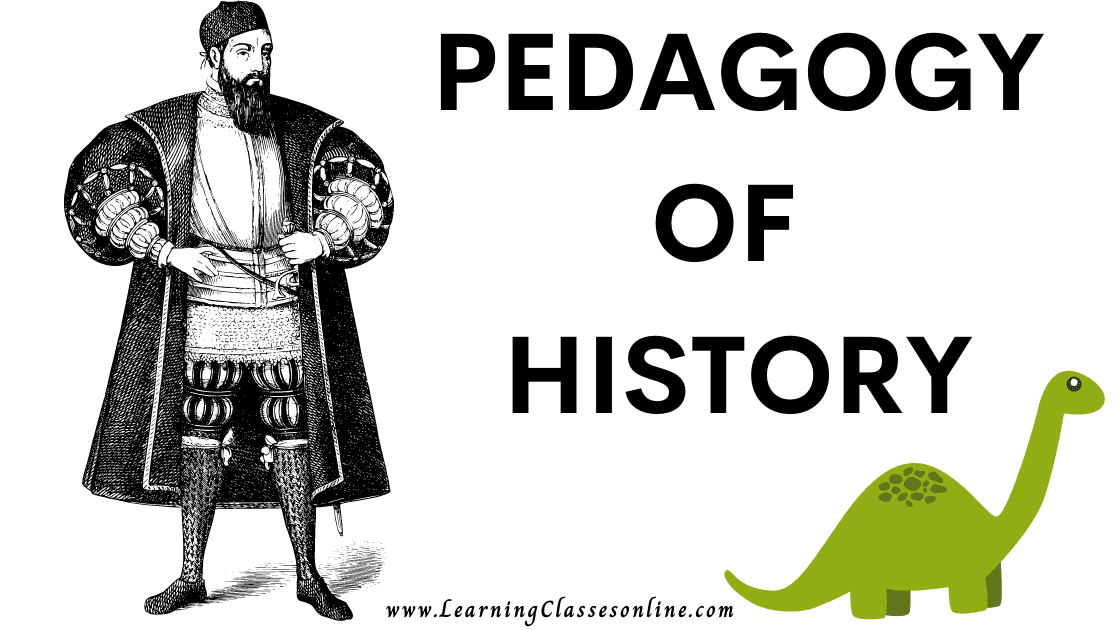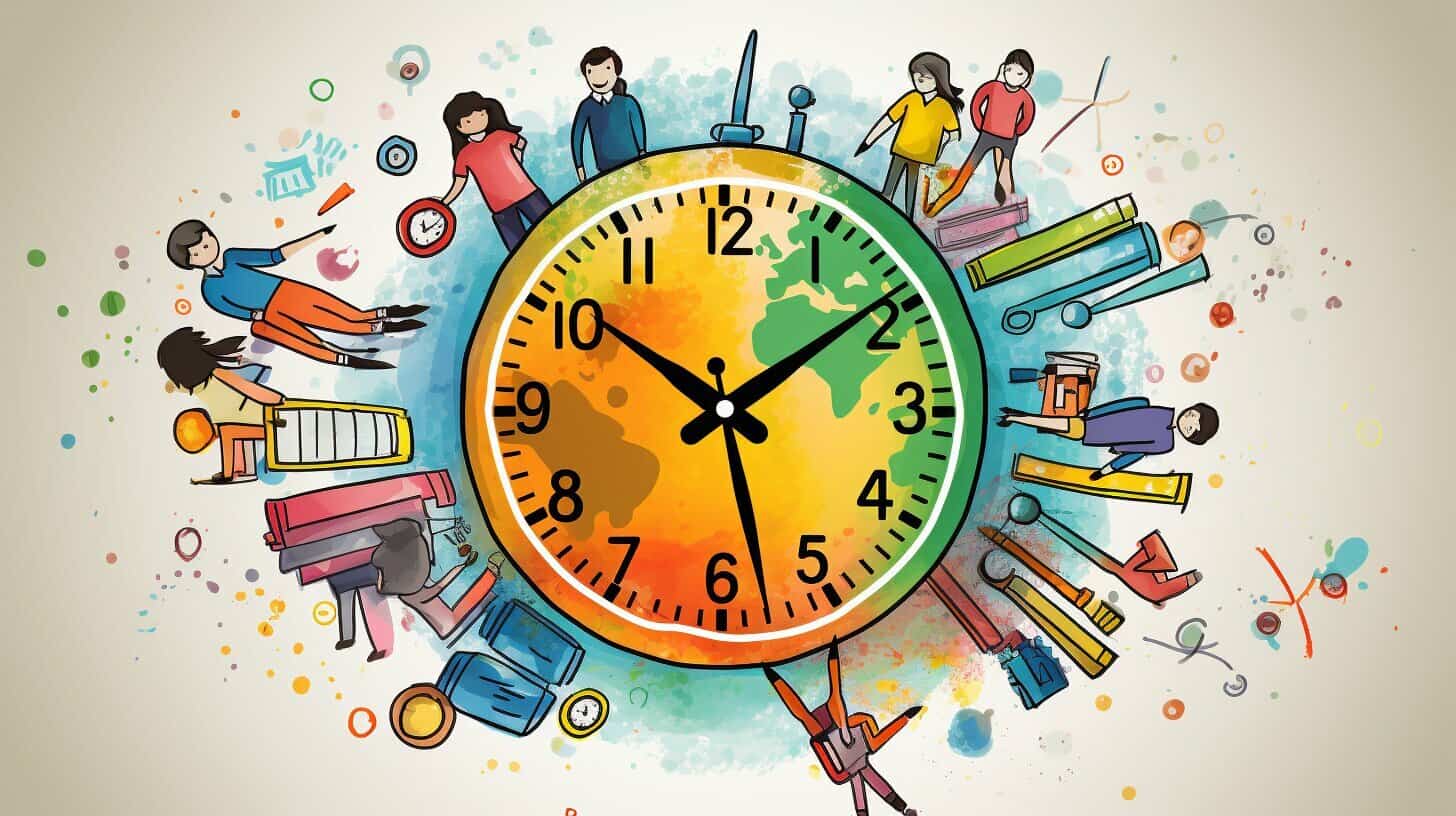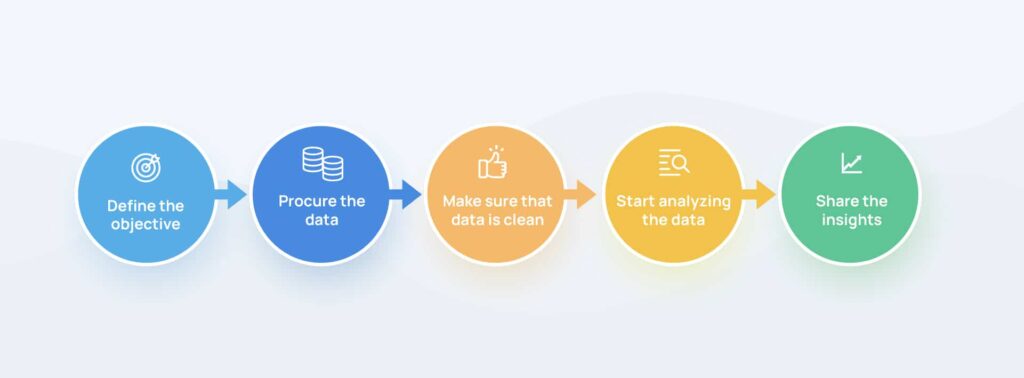HISTORY: The study of all past events, and history allows you to learn about the human experience. You use a variety of learning resources to investigate the times and cultures of the past. Here are some key resources:
Core Textbooks
Broad Subject Matter — Textbooks provide a chronological structure of events, figures, and trends throughout the ages.
Primary Sources: They often include snippets of documents, letters and speeches from the past.
Maps and timelines are visual aids that enable students to discern the context of background, chronology and some details.
Online Resources
Educational sites: Eg History, History has some videos to look forward to in its websites; BBC History provides reading articles; and Khan Academy also put an interactive timeline making readers explore events from every period.
Online archives provide documentation that includes documents, photos and maps from the past: Digital archives
Virtual Museums: Experience virtual tours of museums across the globe and examine artefacts from other historical periods
Documentaries speak of history, and they offer an experience.
Digital Tools
Note Taking Apps — Programs like Evernote and OneNote can all help you get organized with notes, research and citations.
Mind mapping tools — MindMeister and Coggle, for example, can be used in visually representing historical linkages and relationships.
Genealogy Apps: Ancestry and similar applications. In addition, Ancestry.
Persistent Methods for Studying History Good
Good reading strategies: Find important stuff, take notes, ask questions.
Critical Thinking: Weigh evidence, entertain different perspectives and dissect historical events
Background history: Compare the events to their more significant historical background
Interact with Primary Sources – You can drive deeper into moments in time with primary sources.
Historical Fiction : This genre is great to immerse you in specific time periods and cultures.
Step into historical simulations to relive the events of yore and produce perspective.



